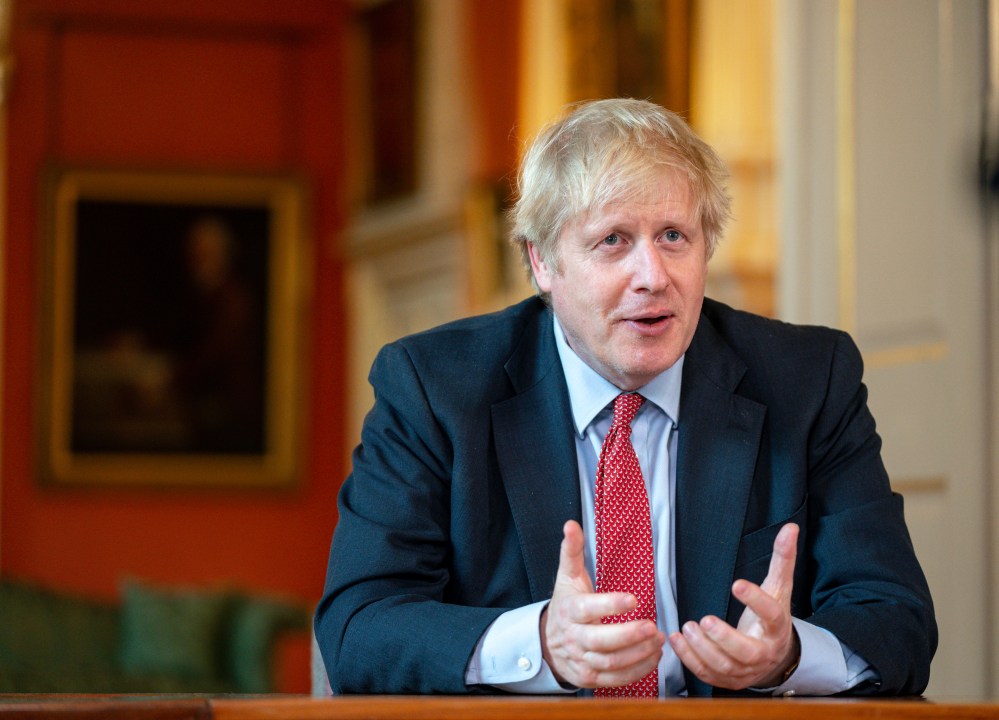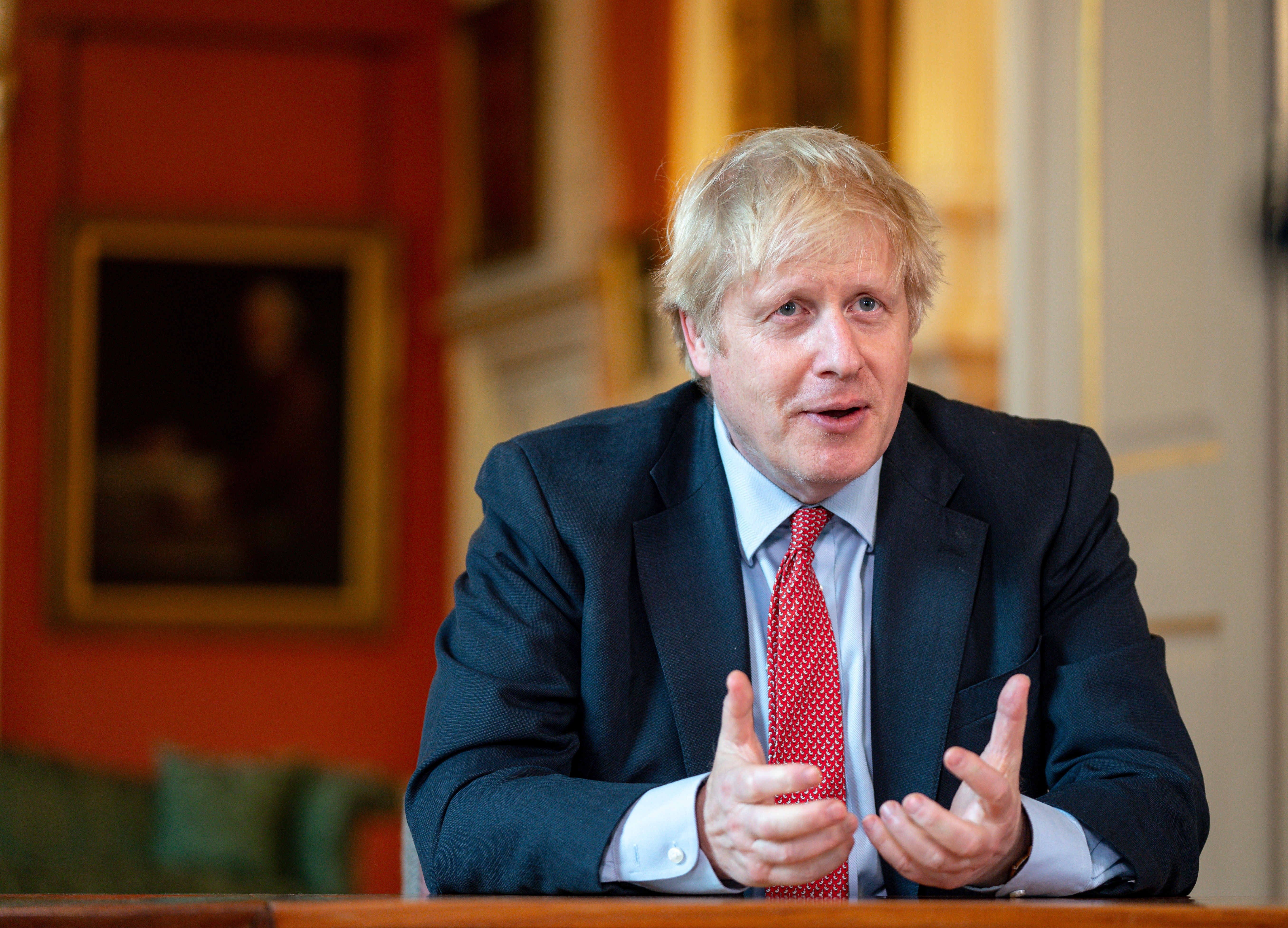How will the UK recover after lockdown? Although social distancing is expected to continue for months, talk has turned to how the government will deal with its coronavirus debts. The Treasury is seeking to raise £180 billion over the next three months to meet its pledges – putting the UK on course to see its budget deficit rise to a level never seen before in peacetime. Some estimates put borrowing this financial year at over £300 billion, far outpacing the years following the financial crash.
This has led a number of public figures to predict a return to the Cameron and Osborne era with mass cuts in the years ahead. However, when Boris Johnson was asked if the public ought to expect a return to austerity at Thursday’s government press conference, he said it would not be part of the government response:
You know what my instincts are: I think the economy will bounce back strongly, I think this government will want to encourage that bounceback in all kinds of ways.I’ve never particularly liked the term that you just used to describe government economic policy and it’ll certainly not be part of our approach. Austerity, by the way, was the term you just used.
Cuts are viewed in No. 10 as politically toxic when it comes to the new Tory voter coalition
There are several reasons cuts are not viewed as viable this time around. Firstly, it goes against Johnson’s political instincts. In the lead-up to the election, the Prime Minister told me and James of his discomfort with Cameron’s cuts: ‘I remember having conversations with colleagues in the government that came in in 2010, saying “I thought austerity was just not the right way forward for the UK”.’ While critics were quick to point out it was easy to flag this in retrospect, Johnson’s time as Mayor of London backs up the idea that he has a different approach to economic difficulty. Following the financial crisis, Johnson’s economic action plan was focused on growth.
Cuts are also viewed in No. 10 as politically toxic when it comes to the new Tory voter coalition. Johnson won his majority of 80 talking about Conservative support for the NHS as well as the billions they planned to borrow to invest in their attempt to ‘level up’ the country. To turnaround and say budgets are to be slashed would be to risk these votes.
Any austerity-like measures would also be an incredibly hard sell to the bulk of Tory MPs. In a sign of the current nerves over what comes next, this week Tory MPs held a One Nation Conservative Zoom call led by Damian Green on how to avoid more austerity in response to coronavirus. Battle-scarred Tory MPs only need to think back to the 2015 or 2017 election to remind themselves that they don’t want to return to a similar long-term economic plan. It is also the case that all the cuts viewed in the party to be ‘easy’ have already been made in the way that was not true in 2010 – there isn’t any fat left.
So where does this leave a Johnson-led Tory party when it comes to bouncing back from record borrowing? Allies of the Prime Minister believe Johnson’s first port of call will be to focus on economic growth. It’s what he did as mayor. Regulations that have been relaxed to keep businesses going in difficult circumstances could stay relaxed in a bid to encourage growth. While the Chancellor Rishi Sunak is viewed by Tory MPs to have gone against some of his natural instincts when it comes to the eye-watering coronavirus packages, he is thought to have challenged some of the old assumptions over government debt.
However, there are MPs who worry these measures won’t be enough and a cut or a raise in taxes will follow. With mass cuts viewed as politically untenable in No. 10, the few fiscal hawks left worry tax rises could be on the agenda. Sunak has already hinted that a rise in national insurance could beckon for the self-employed. Some Tory MPs have begun mooting a targeted tax on the wealthy – whether second homes or top earners.
This is the kind of measure you would have more likely associated with Labour a few years ago. But the 2019 election heralded a new chapter for the Conservatives. Johnson’s new Tory voters in the red wall previously voted Labour and No. 10 don’t want them reverting to old ways. Any response to coronavirus will take into account both Johnson’s natural instincts and the realities of the new Tory electoral coalition.








Comments